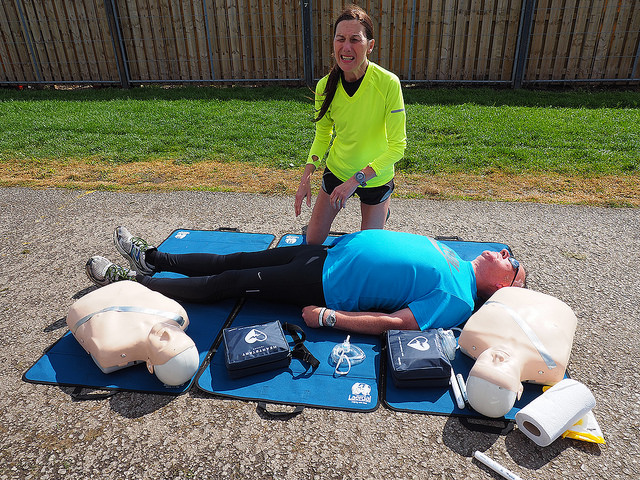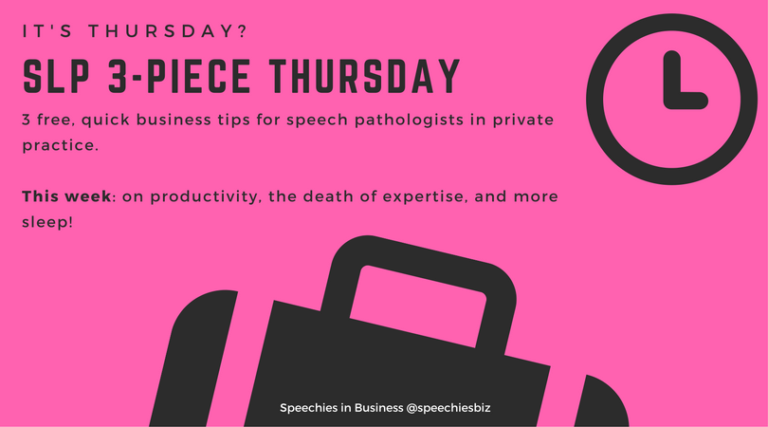When is a casual employee really a permanent employee?
In Australian employment law matters, the real world substance of a work relationship often trumps what the contract says. For example, sometimes people called independent contractors in contracts are really employees. Similarly, sometimes people called casual employees in contracts are really permanent employees – a point recently made clear by the Full Court of the Federal…





